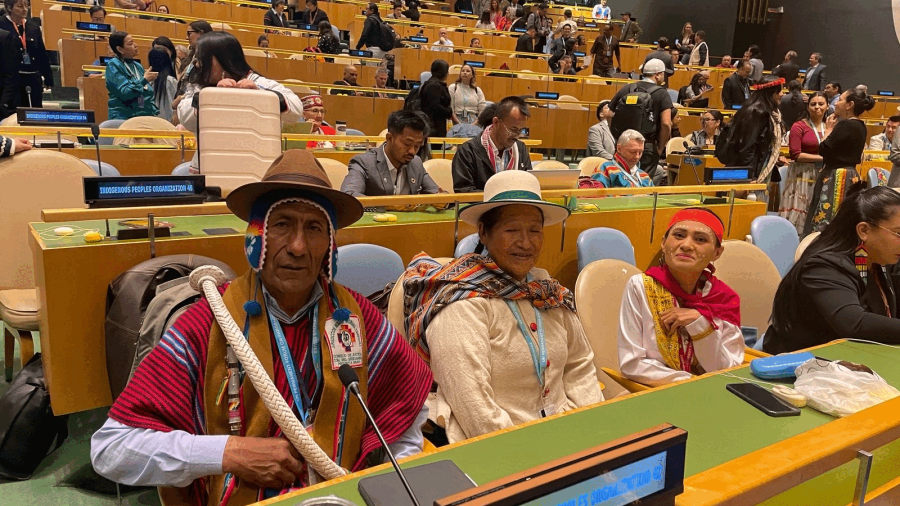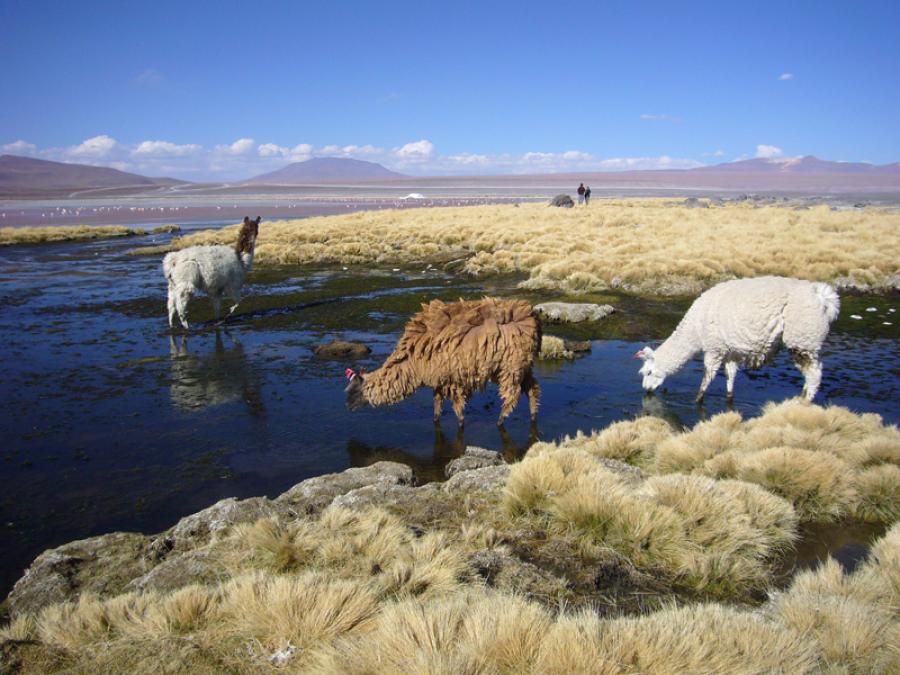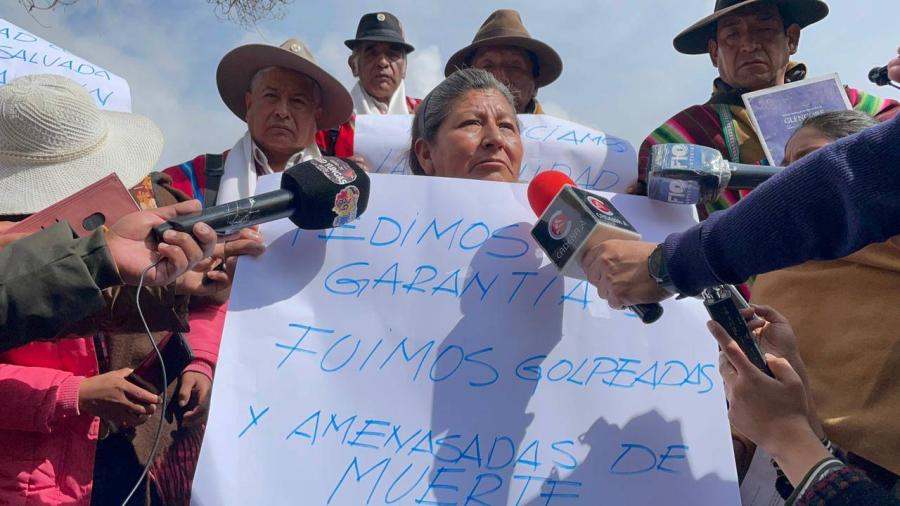On December 18, 2005 Bolivians made history at the polls, as 54 percent of the country’s voters chose Evo Morales, an indigenous Aimara leader of the combative coca-growers’ unions, to become president.
Morales and his party, the Movement to Socialism (MAS), swept the elections in the first round with an absolute majority, trouncing competitors on the right: one a cement mogul and fast food franchise owner, the other a businessman-economist cultivated by the United States as its preferred choice.
Morales is an indigenous Bolivian whose rise to power came not via the traditional path of wealth and racial privilege, but through years of peasant union struggle in a country deeply marked by social and racial inequalities.
The election-day sweep was an unprecedented event in Bolivia’s short and fractious democratic history where Presidents—sometimes even those who come in third place in the popular vote—are usually chosen through back door deals made in Congress.
Following the wider turn to the left in Latin America, Morales’ victory promises to further dramatize this process by "indigenizing" both his country and the incredible processes of change in the region.
Morales comes to power in the wake of a much longer history of indigenous mobilization and state change in Bolivia. Starting in 1985, the country’s non-indigenous elite classes began imposing free-market, or "neoliberal" policies aimed at modernizing Bolivia by opening it up to global capital while breaking down existing structures of class-based representation.
As indigenous movements surged in the late 1980s and 1990s, state elites sought to channel this energy through policies referred to as "interculturalism" —a tentative, though not radical, attempt to recognize indigenous difference and incorporate it into state political structures and institutions.
On the surface, the notion of interculturalism served to reverse five centuries of government-sanctioned policies of racism and exclusion, including a limited land reform that recognized indigenous rights to collective territories; a decentralization process that gave some recognition to traditional leadership structures; and most ambitiously, an education reform that made official the use of indigenous languages, histories, and knowledge in state schools.
These reforms, celebrated by many supporters of indigenous rights and by some indigenous movements, are still undergoing conflictive processes of implementation.
Yet although these interculturalist reforms were embraced by many indigenous peoples, together they failed to radically address underlying structural problems in Bolivia: massive economic inequality, the absence of legitimate political representation, and a de-facto apartheid built on overt and covert forms of racism that pervade public institutions and daily life.
As another Aimara leader told a non-indigenous Bolivian TV commentator, "What we want for the future is that my daughter does not have to grow up to be your maid."
Recognizing indigenous "culture" through official interculturalism was a step towards this goal, but certainly not the endpoint.
Morales nonetheless took advantage of these state reforms, even as he militantly opposed other state policies tied to the US-backed attempt to eradicate the coca plantations of his supporters.
Most importantly, he strategically embraced new structures of municipal decentralization and democratization. His union, transformed into political party, captured most of the municipalities in the Chapare region in 1997, creating a base of support that transformed a politics of resistance to a practice of government.
The MAS then reached out to other indigenous movements of the eastern lowlands, while simultaneously cultivating alliances with non-indigenous urbanites sympathetic to the project of change.
Morales is thus not merely an indigenous leader pursuing indigenous demands, but the leader of a heterogeneous movement that combines a range of social, economic, and cultural platforms for change. His victory is a historic and radical moment for indigenous peoples of Bolivia and of the continent.



